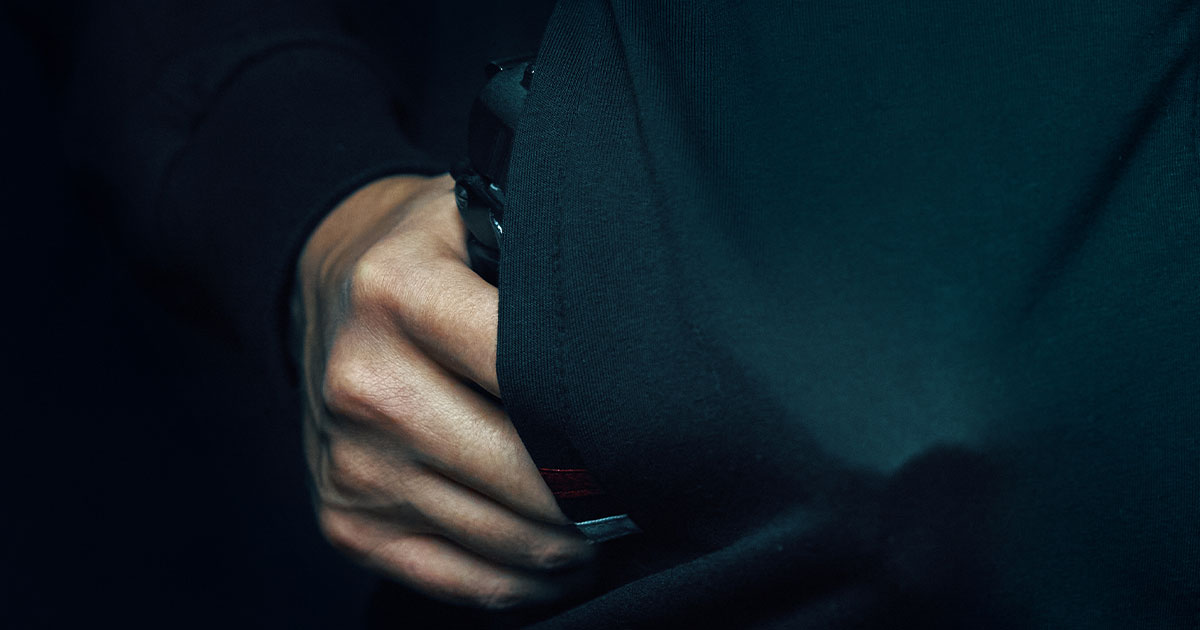Exiting the kill zone is generally the preferred strategy. But, this needs to occur before actual contact/confrontation. And, be aware that "backing up" has it's own risk. A former defensive pistol technique, called the speed rock involved stepping back and leaning backwards to facilitate a quick draw and fire. The problem was you were off balance and you could trip over something unseen behind you. You were easily pushed over and your opponent can cover much more ground, more quickly, because they are moving forward, while you are moving backward. Avoid instinctively backing up.
A guarded retreat means maintaining your guard until you are able to reach a point where you can run without being pursued. This means maintaining your basic defense stance and moving towards an exit, keeping your attention divided between the exit and your opponent. Once you reach a safe distance where you are assured you can keep distance while you flee, do it.
If the opponent is indeed agressing toward you to the point you need to put up a guard, I don't think you're going to be able gain any significant distance from him while in a close defensive posture. You're retreating and he's advancing.
He also seems to not account for the 2nd or 3rd man. The person you see may actually be driving you toward the real attacker that you don't see. Always assume there is an accomplice and be relieved if there isn't one, afterward. Upon initial contact or suspicion, look behind you for the accomplice. Channge your position. Reset their OODA loop.
Personally, I feel the exit strategy needs to occur before you need to put up a guard. After that, it's strategy for a fight. If you can disable your attacker(s), temporarily or permanently, then it's an afterburner exit.
The comments here about avoiding the fight also apply to de-escalation and deterrence.
Here was an accompanying article that pertains to this topic...
https://www.usacarry.com/non-confrontational-stance/
Just my perspective...



